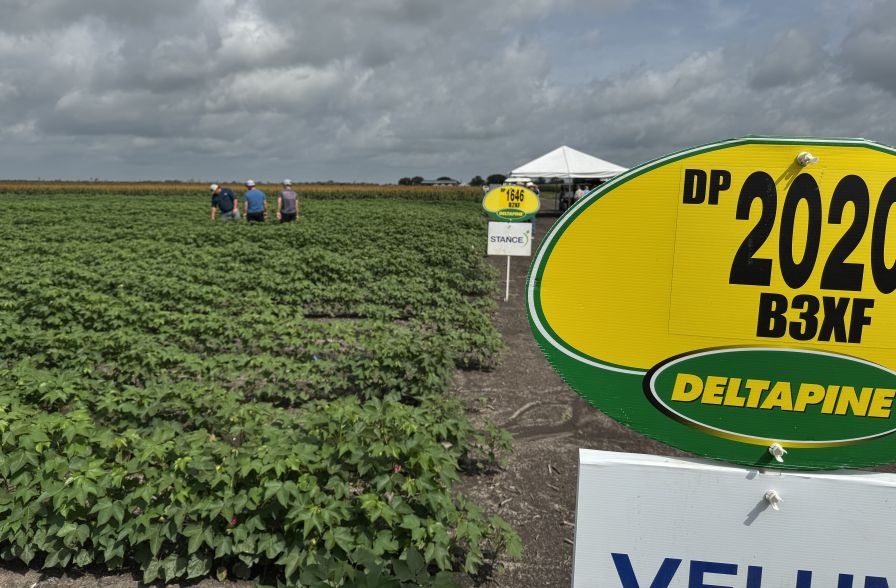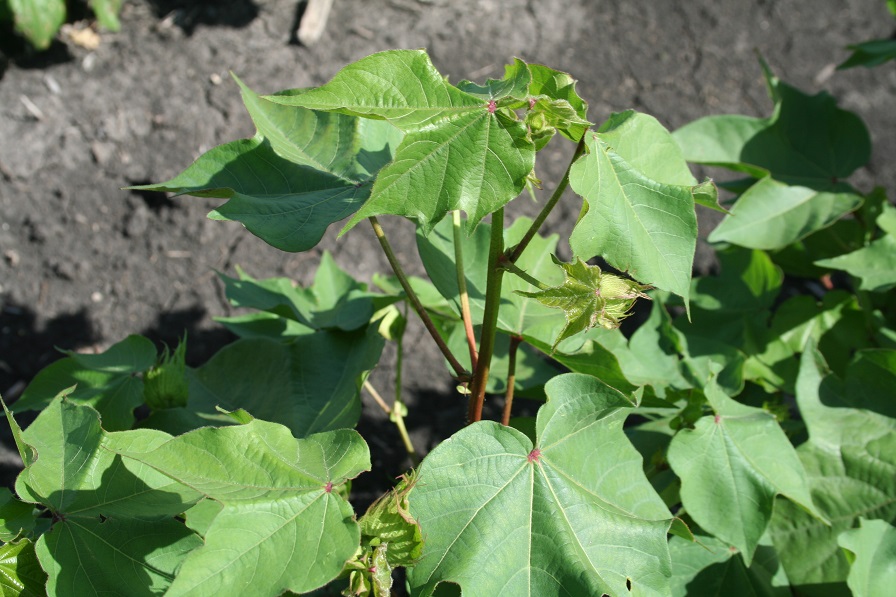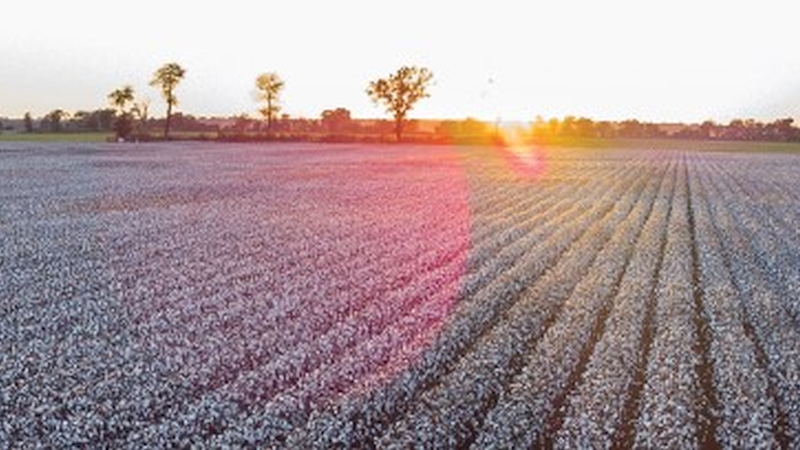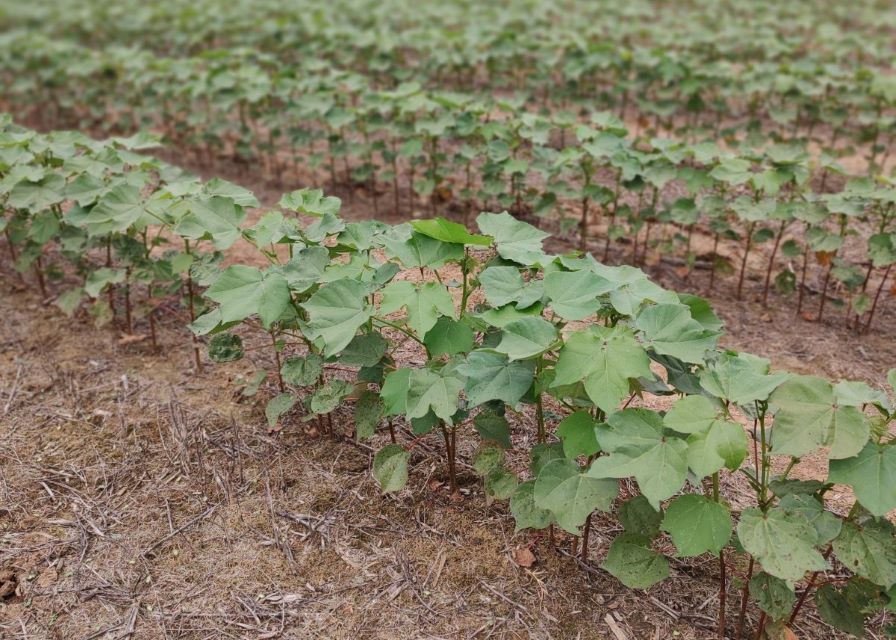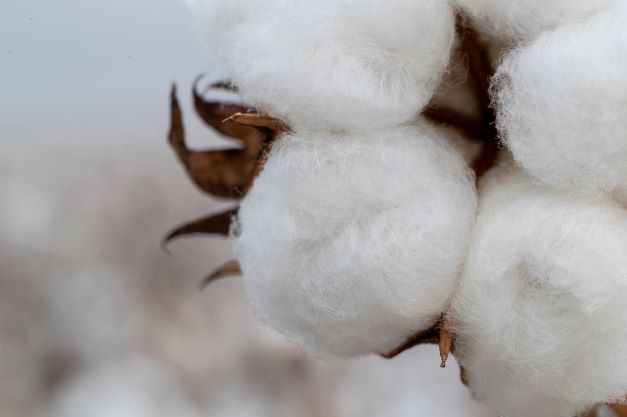Bayer CropScience Launches e3 Sustainable Cotton Program
Bayer CropScience has launched its e3 sustainable cotton program – an environmentally responsible, economically viable, and socially equitable program that provides stringent guidelines for farmers in the United States who grow Certified FiberMax or authentic Stoneville cotton.
The e3 program adds another level of enhancement to the existing Certified FiberMax and authentic Stoneville programs, which allow buyers to identify where their cotton was grown utilizing a certification database maintained exclusively by Bayer CropScience, and provides three key benefits for mills and brands:
- e3 is socially equitable to address issues of working/living conditions of growers and laborers, needs of the surrounding rural farm community, as well as consumer health and safety aspects.
- e3 is economically viable to meet the individual economic needs of farmers, farm families, farm workers and customers, and to help make farms financially competitive enterprises that are consistently profitable year over year.
- e3 is an environmentally responsible program encouraging reduced use of water, land and energy while maintaining productivity.
Farmer enrollment is voluntary, but once enrolled, farmers commit to the program and to continuous improvement in productivity, environmental quality, and personal well-being.
Participating growers will self-evaluate their farm performance though the Fieldprint Calculator, an online tool designed by Field to Market, the Keystone Alliance for Sustainable Agriculture, and verified with in-season and post-harvest third-party audits.
During harvest, bales will be entered into the database, and the certified product is sent to the brand. The Fieldprint Calculator self-assessment will show the impact of the grower’s farming practices on natural resources, helping them operate more efficiently and establishing a point of comparison with local data averages. It will also allow growers to identify areas where improvements can be made in areas of sustainability such as productivity, land use, soil loss, irrigation water use, energy use and greenhouse gas emissions.
“The concept of sustainable cotton grew out of the desire of farmers, textile producers, brands and retailers to meet consumer demand for a renewable source of cotton,” said Brent Crossland, fiber development manager for Bayer CropScience. “Bayer CropScience is proud to bring a new and comprehensive option to the table that addresses the various and complex aspects of sustainable cotton.”
Bayer CropScience has enlisted the help of Olah Inc., a global textile and apparel development and marketing firm, to assist with the consulting and marketing of e3 cotton to the textile and apparel industries.
“Olah is proud to support Bayer CropScience’s new e3 program,” said Andrew Olah, chief executive of Olah Inc. “In a world where sustainability has become a catchphrase, we are thrilled to be able to champion a cotton program that addresses the reality and science of sustainable cotton farming.”




